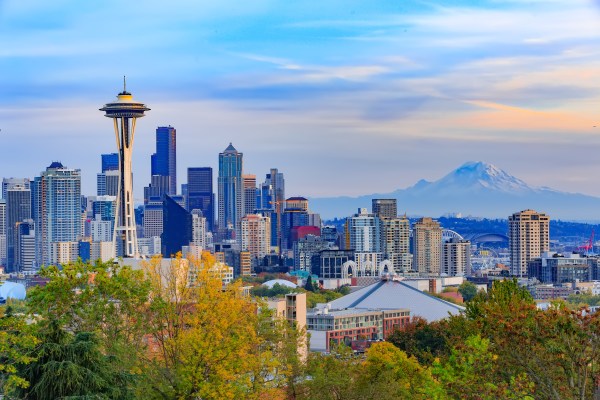Although it is not the state capital, Austin still has one of the most robust local economies in Texas. This is partly because it has great transport links to the other major economic hubs in the state. There are many compelling reasons for implementing an Austin data center. Here is a quick guide to what you need to know.
Why choose an Austin data center?
Implementing an Austin data center allows organizations to provide the fastest possible service to its local residents, particularly its burgeoning tech community. Austin can also be a convenient base from which to serve other areas such as San Antonio, Houston, and Dallas.
Austin is well-connected both digitally and physically. It has a mild climate, a moderate crime rate, and minimal chance of civil unrest. It also benefits from very business-friendly local government.
What to consider when looking for an Austin data center
At a high level, the points to consider when looking for an Austin data center are much the same as the points to consider when looking for a data center in any other location. Looking more closely, however, there are some location-specific considerations. Where relevant, these are highlighted.
Security and compliance
Security is the basis for compliance. It covers both physical and cybersecurity. Physical security should cover both environmental and human threats. It should also cover both the outside and the inside of the building.
All reputable Austin data center vendors will have a robust standard of security. The exact level of security will, however, probably differ between data centers. Data centers with higher security will typically charge more for this (on a like-for-like basis).
All reputable Austin data center vendors will also work on the assumption that their defenses will be breached. They will therefore have robust protocols in place for event- and incident management, business continuity, and disaster recovery.
Most reputable Austin data center vendors will support the major data security frameworks (e.g. ISO 27001) and the main data security standards (e.g. PCI/DSS). If, however, you have more niche requirements (e.g. StateRAMP), then your choice of vendors may be more limited.
Location
If you plan to serve the Austin tech community, then it’s best to choose an Austin data center located near a network hub and/or your users. This will ensure that your users get the fastest possible service.
These locations do, however, typically have the highest real-estate costs (for exactly this reason). If, therefore, maximizing the speed of delivery is not a top priority, you might be willing to compromise on this to lower costs.
Networking options
Any reputable Austin data center can be expected to have a reliable, fast low-latency network connection. The exact quality of the connection is, however, likely to vary from one data center to another. It will probably be heavily influenced by location, specifically by a vendor’s proximity to network hubs and/or your user base.
There are, however, other networking options that vendors can control regardless of their location. The most important ones are carrier-neutrality, interconnectivity, and support for multiclouds.
Power and climate control
These days, implementing effective power and climate control is unlikely to be an issue in any data center anywhere in the United States. (For completeness, it may still be an issue in some data centers in other parts of the world). The issue now is managing power and climate control for maximum economy and sustainability.
At a minimum, all data centers should implement measures to maximize their energy efficiency. This is not only good for the planet but also good for lowering the running costs of a data center. Ideally, data centers should use clean energy sources, preferably renewable ones.
It’s now becoming increasingly common for data centers to generate their own sustainable energy (for example through solar panels and/or wind turbines). Again, this is not only an environmental win but can also help to lower energy (and hence running) costs.
Customization and scalability
If you’re planning on running an enterprise data center, then you’ll have full control over everything. With a colocation data center, the data center provider manages the data center infrastructure. You would, however, usually have total freedom to customize your own equipment.
With managed services and cloud data centers, by contrast, you will be using vendor-provided hardware. It’s therefore important to check your customization options.
Colocation, managed services, and cloud data centers all typically offer a high level of scalability. Enterprise data centers are harder to scale themselves. With that said, many organizations that run their own enterprise data centers also use third-party data centers for scalability. This gives them the best of both worlds.







